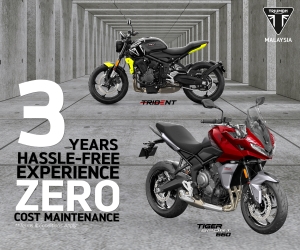Audi Will work with Hyundai Motor Group on Fuel Cell Tech
AUDI AG and Hyundai Motor Group are driving the development of fuel cell technology. The two companies plan to cross-license patents and grant access to non-competitive components. The agreement is currently subject to approval from the applicable regulatory authorities. Through their collaboration, both partners aim to bring the fuel cell to volume production maturity more quickly and more efficiently. Audi and Hyundai are also exploring more far-reaching collaboration on the development of this sustainable technology.
Long ranges and short refueling times make hydrogen an attractive future source of energy for electric mobility. This is particularly true for larger automobiles, where the weight advantages of the fuel cell vehicle inherent to its design are particularly pronounced. Besides further advances in fuel cell technology, key aspects for its future market success include the regenerative production of hydrogen and the establishment of a sufficient infrastructure.

Within the Volkswagen Group, AUDI AG has taken on the development responsibility for the fuel cell technology and is currently working on its sixth generation. The Group’s Fuel Cell Competence Center is located at the Neckarsulm site. At the beginning of the next decade, Audi will introduce the first fuel cell model as a small series production. As a sporty SUV, the model will combine the premium comfort of the full-size segment with long-range capability. The cross-license agreement with Hyundai is already focused on the next development stage intended for a broader market offer.
Audi has already been working on fuel cell concepts for almost 20 years. The first test vehicle was the compact Audi A2H2 in 2004, followed by the Audi Q5 HFC in 2008. The 2014 Audi A7 Sportback h-tron quattro introduced the “h-tron” suffix for models with fuel cell technology. The “h” stands for the element hydrogen. The Audi h-tron quattro concept study presented in 2016 further demonstrated the brand’s technology competence in fuel cell drive systems.














